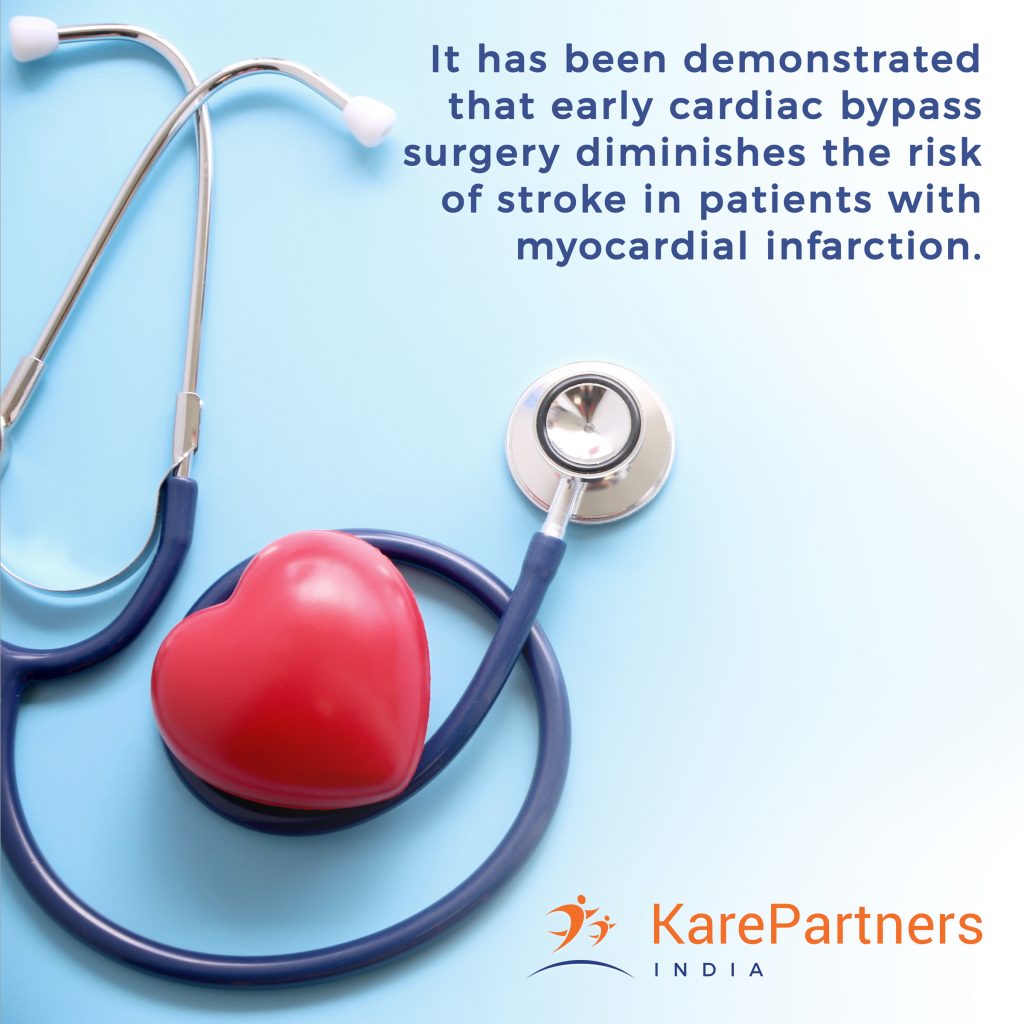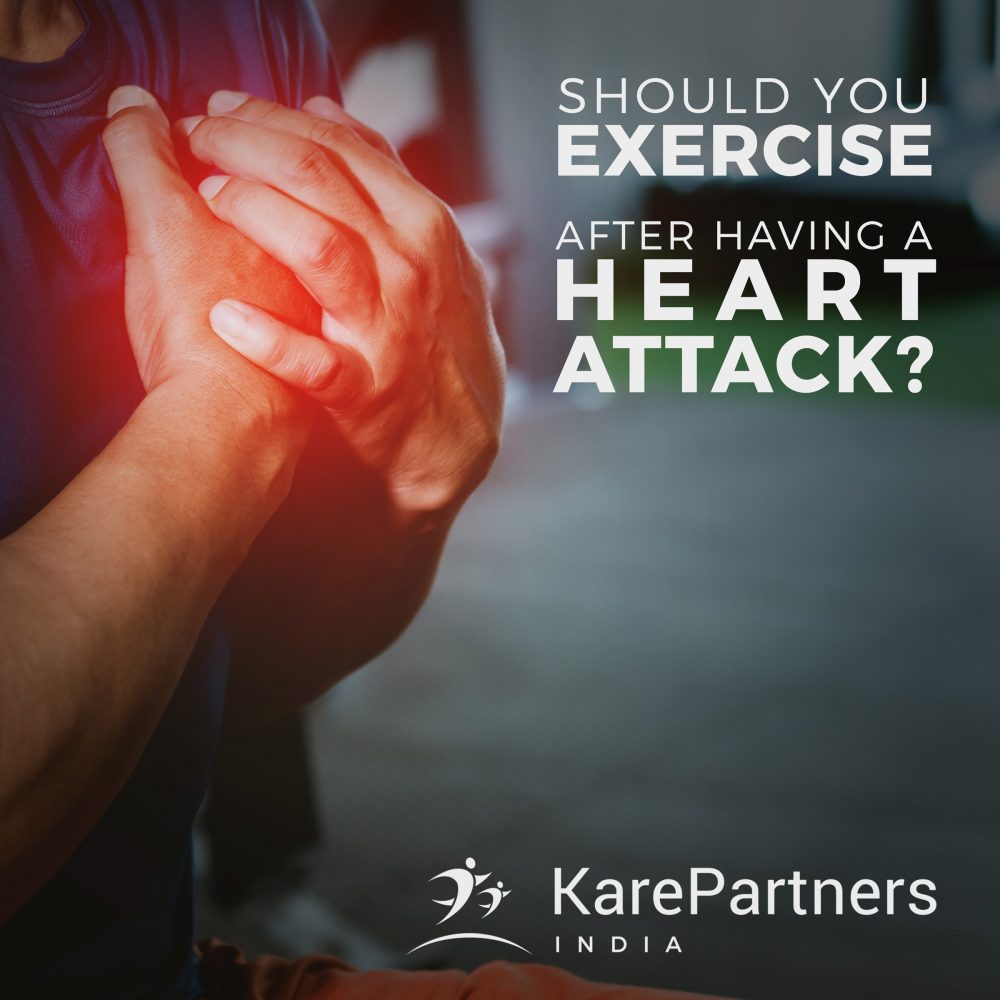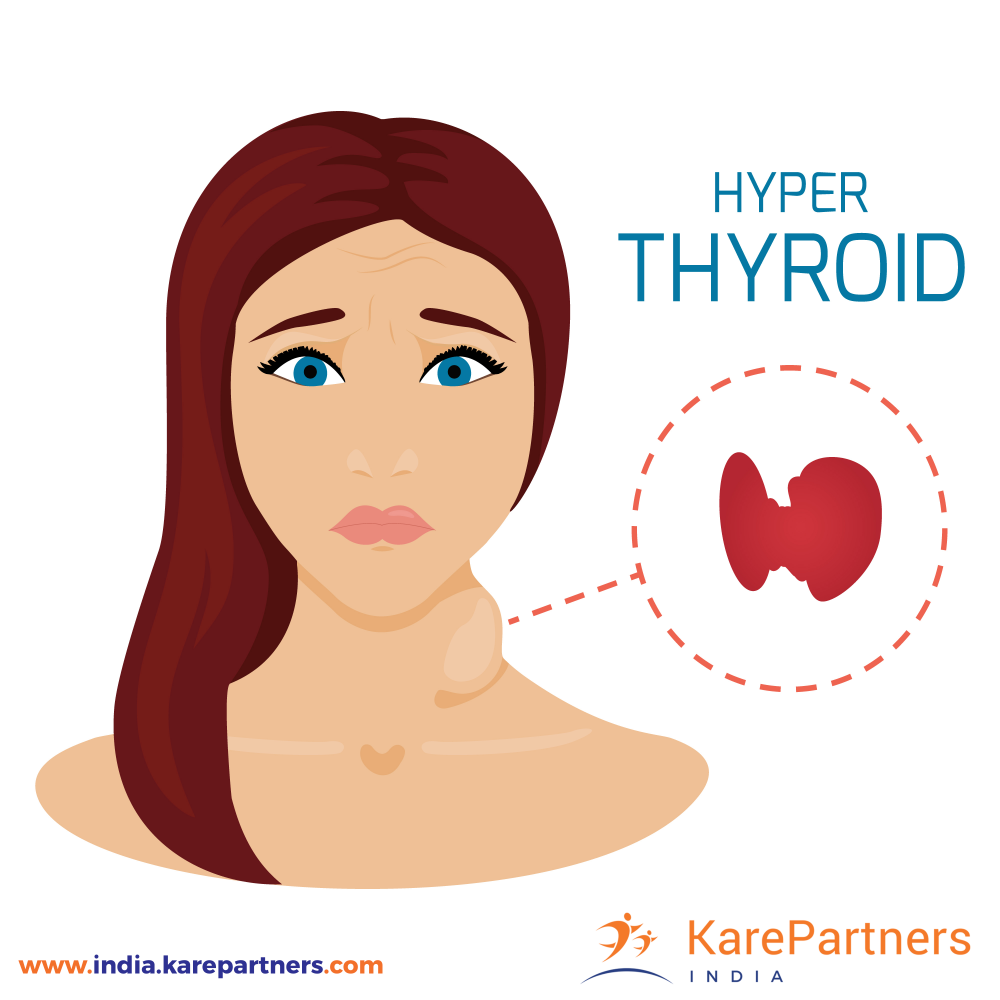MI (Myocardial Infarction) and PHYSICAL ACTIVITY
The very first question is, can we exercise after having a heart attack? In accordance with Ralph Waldo Emerson, “Few people know how to take a walk. The qualifications are endurance, plain clothes, old shoes, an eye for nature, good humour, vast curiosity, good speech, good silence and nothing too much”. Regular exercise helps to dwindle the chances of coronary heart diseases and the stroke fatal by nature. Exercising can help you burn calories, regulate blood pressure and shed those extra kilos. To maintain that robust health of yours and a healthy heart which lasts you a lifetime, you must spare a substantial amount of time exercising.
Today in this changing world, we pay little or no attention to our health. It is appalling to know that the incidence of coronary heart disease works out at 6.2 percent. Globalization has forced people to remain planted behind desks for hours and hours. We are more sedentary than we were decades ago. Our lives are tied to computer screens no matter our workstation is our office or home. A sedentary lifestyle is hazardous. It invites all types of diseases. We are designed to stand and move. Our children are raised now on handheld devices that serve as surrogate playmates where the playground is virtual and so is the ball. Only the crippling sunrays hit the lifeless grounds once resonating with the laughs of happy kids.
A real change can be brought about if adhere to an exercising routine and follow all its tenets religiously. Regular exercise and eating healthy should be your paramount concern. Heart arteries get blocked because of the buildup of plaque, resulting in the narrowing of arteries and making the blood flow difficult. With the decrease in blood flow, the patient experiences angina (acute pain in the chest). Regular exercise can help keep arteries pliable and open, diminishing the chance of blockage. High folate and B6 rich diet are good for arteries. A healthy eating plan and exercise go hand in hand.
For most people exercise is correlated with physical development and not thinking what it can do psychologically. Dr William Morgan, a sports psychologist at the University of Wisconsin, has pointed out that regular exercise can ‘lift the spirits’. His active subjects report a better physical self-image and proclaim everything ‘feels better’.
How much exercise can you do?150 minutes of moderate/intense exercise per week is advisable for healthy adults. This might seem like a tall order in the beginning, but you can spread it through the week. You can do 30 minutes for 5 days in the week or 15 minutes in the morning and 15 minutes in the evening light jogging and walking. You can spare a few minutes in the office too. You should sweat extensively and the breathing rate should shoot up. They are the cardinal indicators of a good work out. Daily vigorous exercise is the key to live longer. Mix & match and incorporate few exercises like rollups, rock, and rollups, spine twist, tricycles, double leg shifts, dig and drag in your existing exercise routine. You just need a yoga mat and a little bit of motivation.
“Small Fact”

WHAT HAPPENS WHEN YOU DON’T EXERCISE
1.You crave unhealthy food:
Foods fraught calories, sodium and saturated fats can be a cause of stroke. The fat build up in the momentum (stored abdominal fat) is known as visceral fat, it produces proteins that lead to inflammation, narrowing down of blood vessels, increased blood pressure and insulin resistance. The choice of food determines the health of the heart. A healthy diet does not exceed the limit of 2000 calories.
2. You don’t sleep well:
Patients having a paucity of sleep are at a higher risk of falling prey to cardiovascular diseases. Patients with sleep apnea (which causes them to wake abruptly and frequently throughout the night) often suffer from poor health. With time such individuals can be detected with higher blood pressure and other coronary heart diseases.
3. You get weary easily:
Getting tired without doing a substantial amount of work or shortage of breath can be symptoms of a heart ailment.
4. You get depressed and feel more stressed:
When the body is under stress adrenaline is released into the bloodstream and heightens the senses. Now the body starts running out of energy either being in the fight or flight mode. This causes the stomach to slow the digestive process and causes the heart to pump more to the areas with a higher magnitude. Amygdala (involved with the experiencing of emotions) is activated because of stress, such people were at a higher risk for heart attacks. A combination of medication and aerobic exercises can reduce depression and do wonders for your heart.
YOU CAN’T HAVE ONE WITHOUT THE OTHER
You can’t achieve long-term health and a healthy heart without both regular exercise and optimum nutrition. D-fortified foods, Salmon, oatmeal, Turmeric, blueberries, dark chocolate citrus foods, soy, tomatoes, nuts, legumes, extra virgin olive oil, red wine, green tea broccoli, spinach and kale, coffee, flax seeds, avocado, pomegranate are few supplements which can render you a healthy heart.
It doesn’t take much of an imagination to come up with the tons of advantages of exercise. Regular physical exercise has a marked influence on our cardiac health. Exercise helps in controlling weight, improves your mood and wellness in general. Exercise renders you a healthy heart and deep sleep which helps your body mend wear and tear. Physical activity is a great way to feel better, improve your health of which, efficient functioning of the heart makes a big part.
30 minutes of exercise every day can be a heal-all. Extra calories are burnt, blood pressure is regulated and ‘good’ cholesterol (HDL) finds a way in your system.
HAPPY JOGGING!


